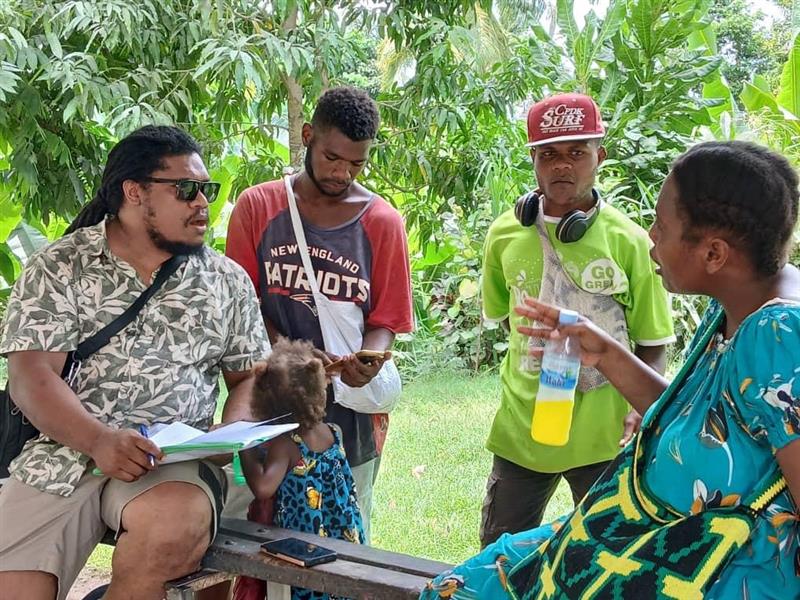Our services through the GCF PPF include:
- Strengthening institutional capacity
- Supporting project design and economic analysis
- Navigating the GCF proposal and approval processes
- Developing tools and systems that reduce reporting burdens for DAEs
- Filling preparation gaps, conducting missing analyses, and strengthening the design of projects
This work enables more countries to take charge of their climate financing future and present completed funding proposal packages for consideration at GCF Board Meetings.
In 2025, Abt Global has been awarded as a Delivery Partner on GCF’s Readiness program. We will support DAEs to develop climate finance capacity, strengthen investment frameworks, and design mechanisms to facilitate private sector financing.
IMPACT
Opening doors to climate finance
Since 2021, Abt has delivered targeted support to GCF directly and to government- and non-government-accredited entities in 10 countries to tap climate finance for adaptation and mitigation projects.
Streamlined Access, Simplified Approvals
Abt helped the GCF design and roll out a more efficient Simplified Approval Process (SAP): a fast-track funding window for small-scale, low-risk climate projects (typically under $25 million). GCF created SAP to reduce bureaucratic delays and open the door for under-resourced institutions, especially Direct Access Entities.
In 2023, Abt developed new SAP monitoring and reporting templates, digital submission tools, and annual reporting guidelines — aligned with GCF’s results-based frameworks. These tools are now used by all SAP projects globally, accelerating disbursements and improving fund access for dozens of national partners.
Unlocked $9.5M for Climate-Smart Agriculture in Senegal
Abt supported Senegal’s Centre de Suivi Écologique (CSE) to prepare and secure GCF Board approval for the Naatangué Farms project — a transformative investment in climate-resilient smallholder agriculture in a country chronically battling food shortages and environmental threats.
Abt led the full project preparation process, including technical and economic assessments, stakeholder validation workshops, and support through GCF review and negotiation stages. The resulting $9.5 million in GCF funding will support over 46,000 direct beneficiaries, reduce emissions by 18,480 MtCO2e, and scale a proven local model that integrates farming, livestock, and fisheries into resilient rural livelihoods.
Groundwork for PNG’s First GCF Project
In Papua New Guinea, Abt is currently partnering with a DAE to help design the country’s first-ever GCF project, focused on Climate-Smart Landscapes and community resilience. This effort helps bring new national stakeholders into the GCF ecosystem — expanding participation in global climate finance to historically underserved regions.


